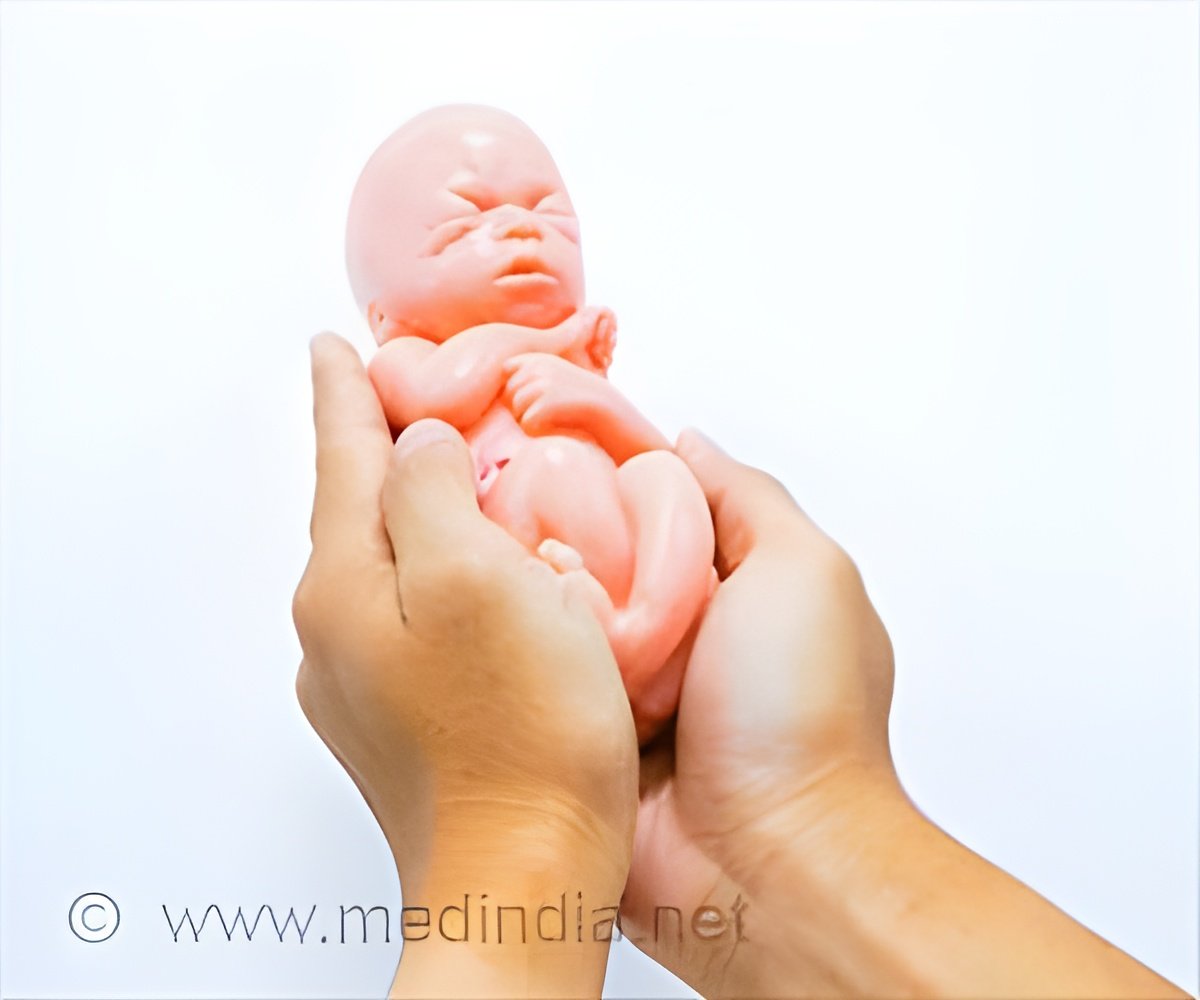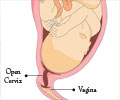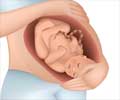A class of immune cells that plays a key role in miscarriage has been discovered by researchers. Miscarriage affects about a quarter of pregnancies.

The researchers showed that pregnant mice who did not have this subset of cells were twice as likely to miscarry, and in many of these pregnancies foetal growth was severely restricted.
"When you're pregnant, the immune system is seeing the placenta for the first time in decades -- not since the mother made a placenta when she herself was a foetus," said Eva Gillis-Buck, from UCSF.
"Our research suggests that this subset of immune cells is carrying out a sort of 'secondary education' -- sometimes many years after the better-known population of the educator cells have carried out the primary education in the thymus -- teaching T cells not to attack the foetus, the placenta and other tissues involved in pregnancy," she added. The findings are published in the journal Science Immunology.
"It was a conceptual leap to link Aire-expressing cells, which are critical for preventing autoimmune disease, to pregnancy," said Tippi Mackenzie, Professor of surgery at UCSF's Center for Maternal Foetal Precision Medicine.
In the thymus, Aire-expressing cells begin interacting with other immune cells very early in life to teach them what not to attack. The thymus begins to shrink and is nearly gone by adulthood, by which time most immune cells have been educated. But as the thymus shrinks, the population of eTACs in lymph nodes and the spleen expands, the researchers explained.
Advertisement
Source-IANS















